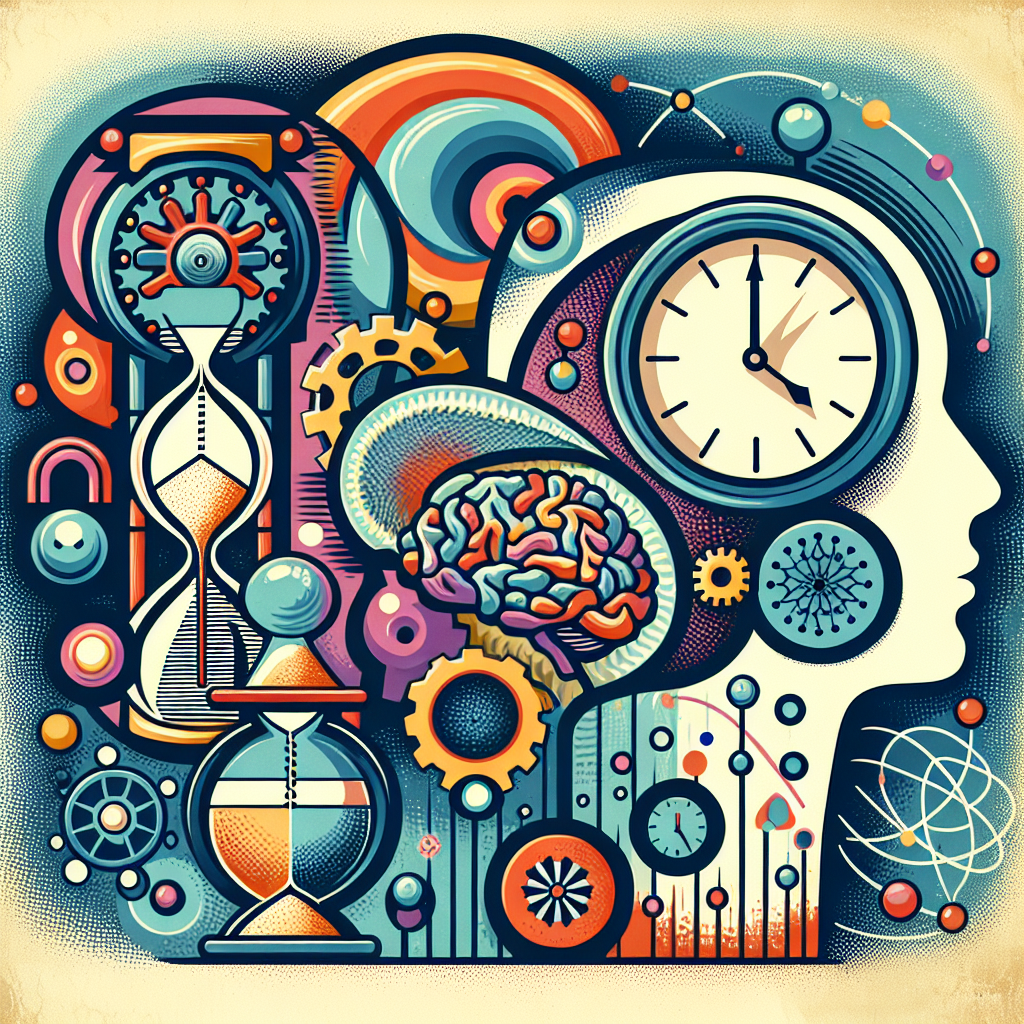Introduction: The Magic of Timing in Learning Imagine being able to retain everything you’ve learned as if your brain were a super efficient sponge, absorbing and holding onto information effortlessly. For students and lifelong learners alike, this sounds like an educational utopia. But what if the secret to achieving this lies not just in the […]
Month: July 2012
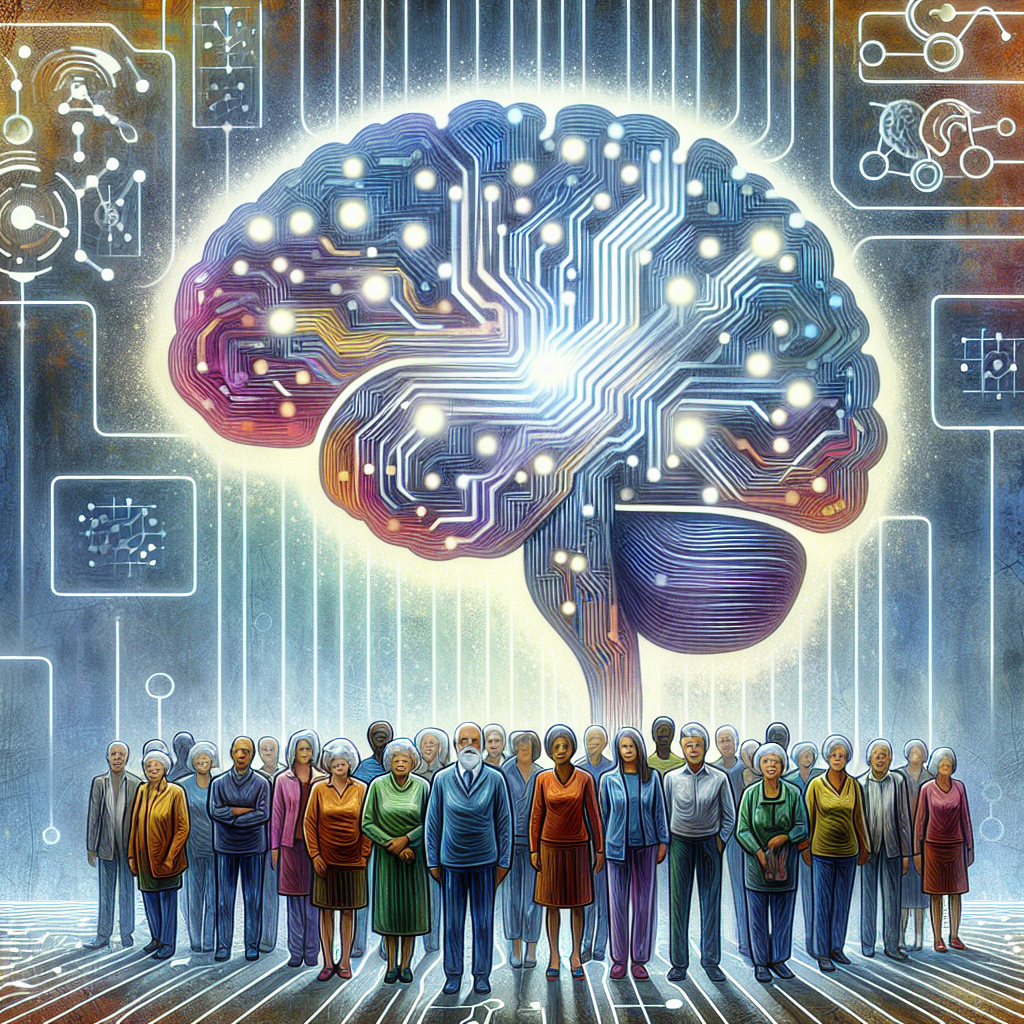
Strengthening Minds—Harnessing the Power of Digital Training for Older Adults**
— Introduction: The Digital Fountain of Youth? Imagine a world where computers could help keep our minds sharp well into our golden years. It sounds like science fiction, but it’s quickly becoming a reality. In an age where technology is reshaping every aspect of life, it’s fascinating to see how it intersects with our mental […]

The Sleep-Anxiety Connection Unraveled: Insights from Mouse Models
Introduction: Sleep and Fear—A Complex Relationship Imagine lying awake at night, your mind racing, weighed down by a sense of impending doom. This isn’t just a figment of the imagination for many; this is the reality for those grappling with anxiety disorders. We’ve all experienced sleepless nights, whether due to a looming work deadline or […]

How Work Stress Ages Us: Exploring the Link Between Exhaustion and Aging at the Cellular Level
Introduction: Stress and the Genes Deep Within Us Have you ever felt completely drained at the end of a workweek, as if the mere thought of Monday sends shivers down your spine? It turns out that this kind of work-related exhaustion might be doing more than just making you feel tired—it could be quietly speeding […]
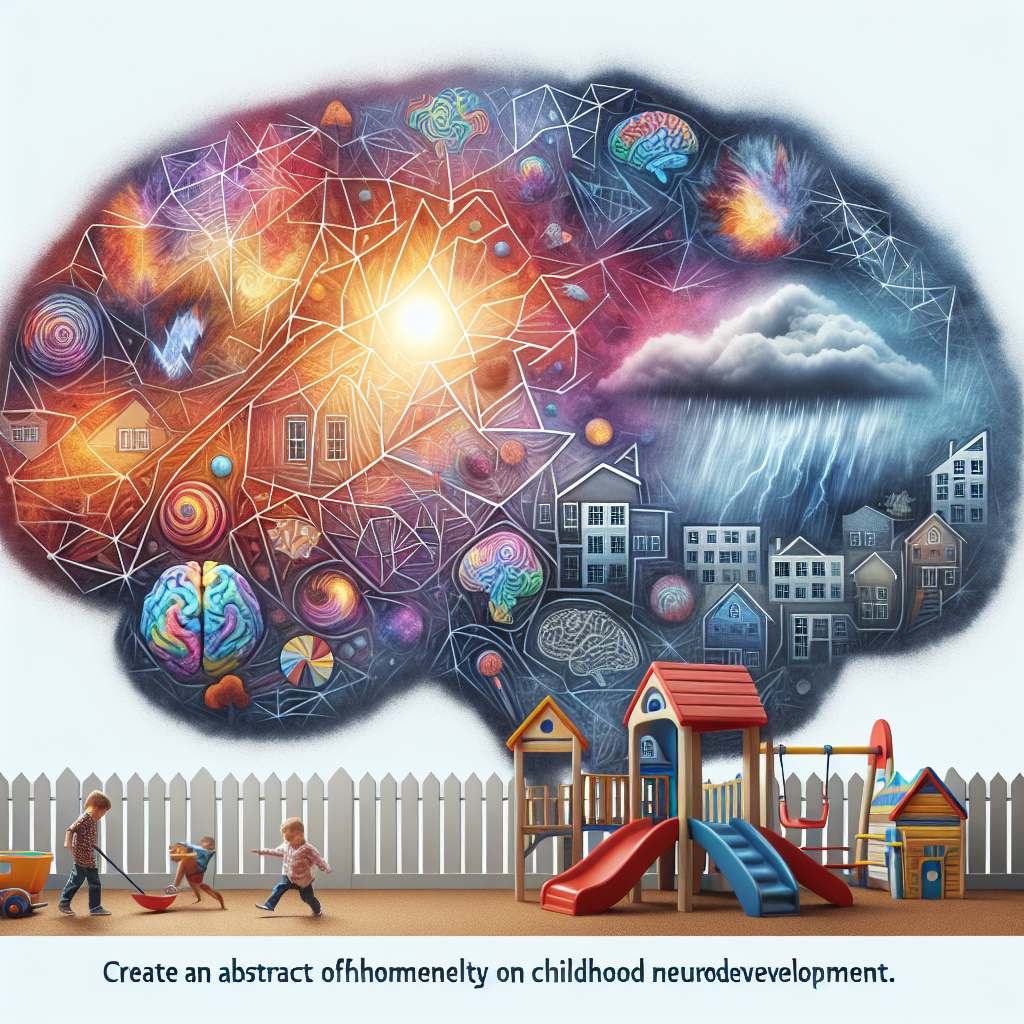
Early Brain Vulnerability in Wolfram Syndrome: Unveiling the Impacts on Childhood Neurodevelopment
Introduction: Unraveling the Mysteries of Wolfram Syndrome Imagine waking up one day to find that everyday skills—ones you’ve always taken for granted—are becoming increasingly difficult. Those managing Wolfram Syndrome (WFS) experience a similar journey, one that begins with subtle challenges and progresses into more profound neurological symptoms. But what if we could understand exactly when […]
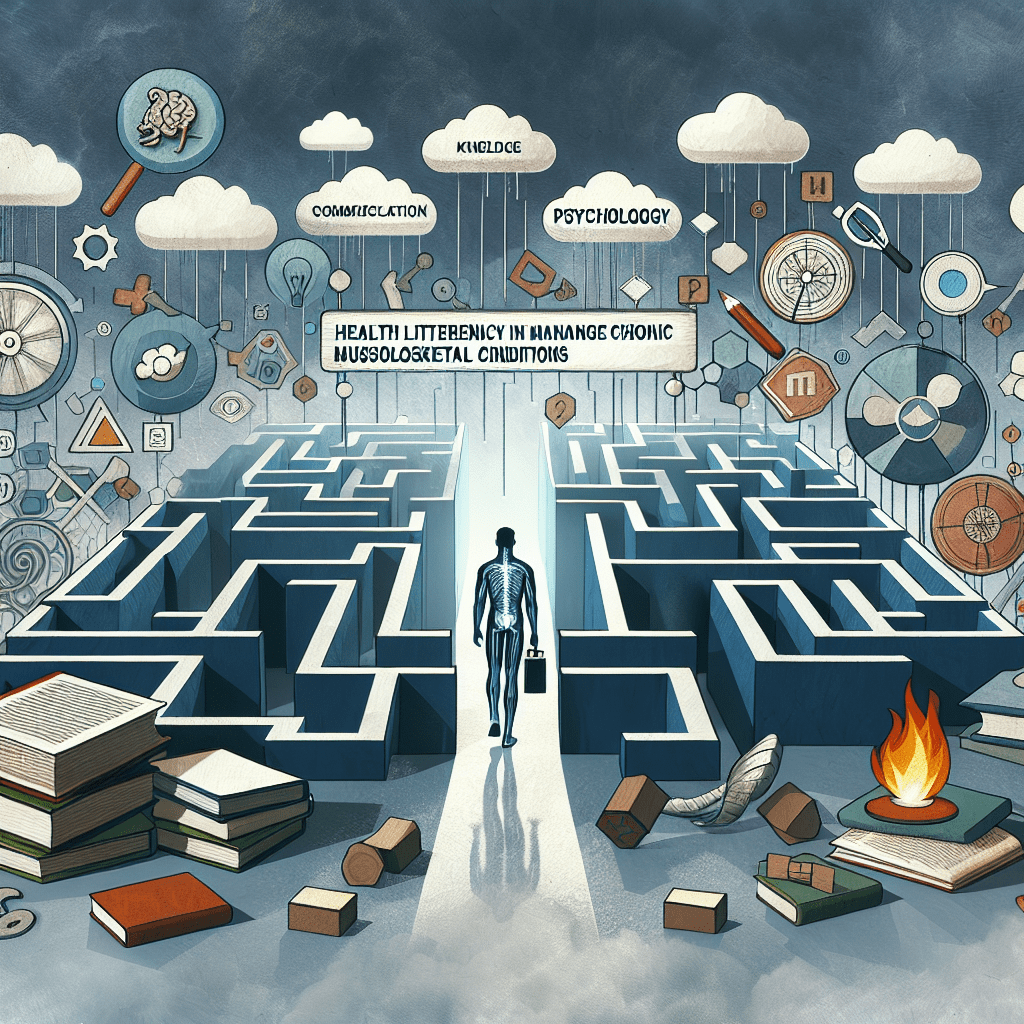
Understanding the Role of Health Literacy in Managing Chronic Musculoskeletal Conditions
Introduction: Cracking the Code of Health Literacy Imagine navigating the labyrinth of modern healthcare armed with only a compass that doesn’t point north. This grim scenario is what many individuals face due to low health literacy. Simply put, health literacy is the ability to access, understand, and use information to make health-related decisions. This concept […]

Navigating the Nutritional Maze: How Goal Setting Can Tame Excess Gestational Weight Gain
Introduction: The Weighty Matter of Pregnancy Imagine embarking on the transformative journey of pregnancy, a nine-month adventure filled with anticipation and wonderment. It’s a time when every decision seems weighty, quite literally, especially regarding diet and physical activity. For many women, the prospect of gaining too much weight during pregnancy is daunting, as Excess Gestational […]

The Ripple Effect: How Trauma Influences Our Decisions
Introduction: The Unseen Consequences of Catastrophes Imagine standing on shaky ground, as the very foundation beneath you seems to crumble. For many survivors of natural disasters, this is not just a momentary experience but a pivotal event that reshapes their lives. The 2008 Wenchuan Earthquake in China, a magnitude-8.0 disaster, is one such event that […]

A New Frontier in Mental Health: The Power of Online Cognitive Behavioral Therapy
Introduction Imagine a world where receiving effective mental health care is as simple as logging onto your computer. Now, more than ever, mental health treatment is evolving, with digital solutions stepping into the spotlight. Welcome to the era of online cognitive behavioral therapy (CBT), an innovative approach that melds traditional mental health treatment with modern […]
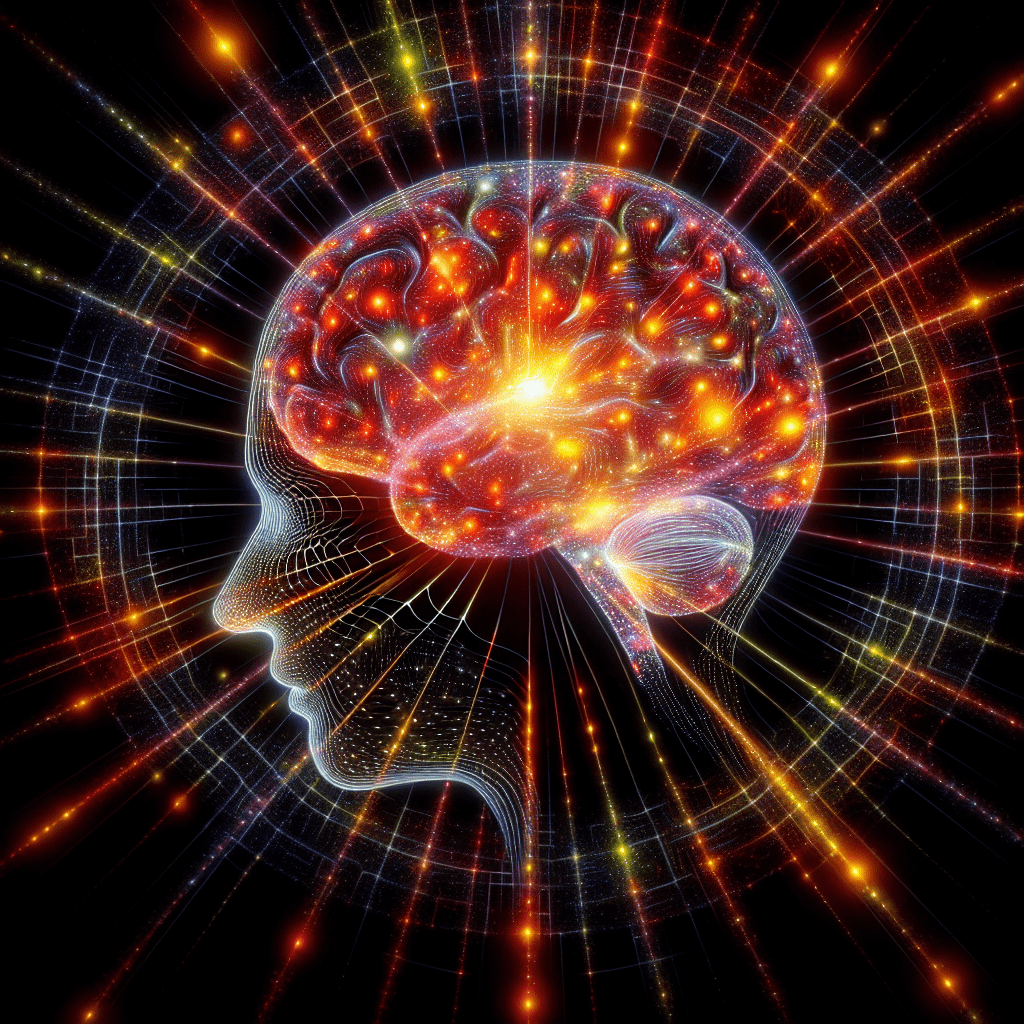
The Mind Illuminated: Discovering Mental Patterns through Brain Imaging**
Introduction: The Brain’s Hidden Stories Imagine being able to tell someone’s story just by looking at their brain. No words, no interviews, just a peek inside their head—and suddenly, you know whether they regularly engage in activities like meditation. It sounds like science fiction, but recent advancements in brain science are bringing this closer to […]
